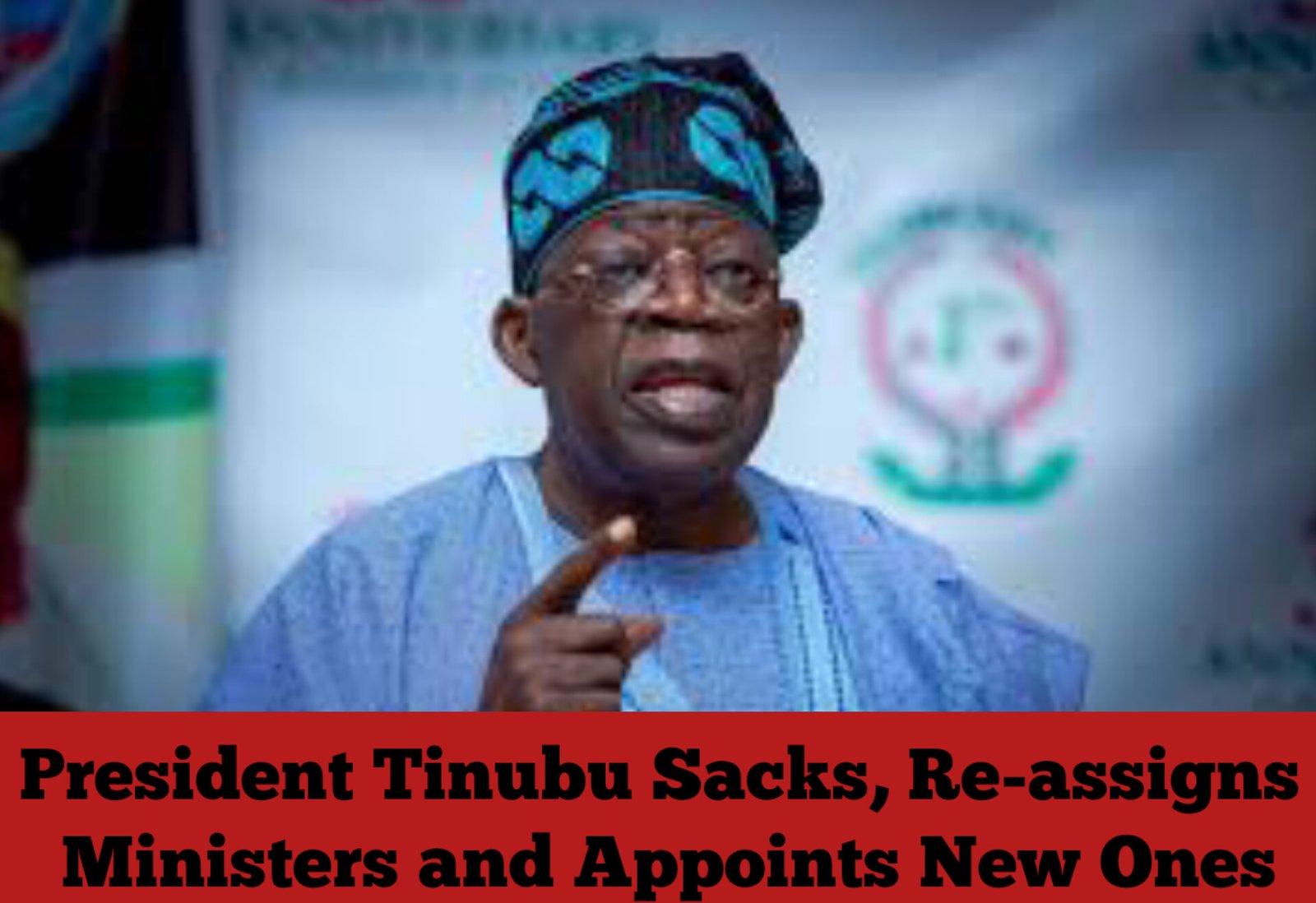The Governor of the Central Bank of Nigeria (CBN), Dr. Yemi Cardoso, has highlighted the transformative potential of the Nigeria-China Bilateral Currency Swap Agreement (BCSA), describing it as a strategic catalyst for trade efficiency and maritime sector revitalization.
Speaking through his Senior Special Assistant on Finance and Strategy, Mr. Anthony Ogufere, at a Breakfast Meeting organized by the Maritime Reporters Association of Nigeria (MARAN), Dr. Cardoso noted that the BCSA presents a critical opportunity to streamline trade with Nigeria’s top import partner, China.
“The Agreement reduces the burden of currency conversions, slashes transaction costs, and improves access to foreign exchange liquidity—particularly the Chinese renminbi—thereby freeing up U.S. dollar reserves for other pressing transactions,” he said.
Dr. Cardoso emphasized that the Swap Deal allows Nigerian traders to bypass multi-layered forex processes, settling directly in naira and yuan. This, he explained, enhances financial predictability and supports long-term trade planning, especially within the maritime industry—the backbone of Nigeria-China trade routes.
The CBN Governor also underscored the role of Nigeria’s Ministry of Marine and Blue Economy in complementing the Agreement, pointing to ongoing efforts in port modernization, legislative reforms, and automation aimed at improving port efficiency.
“The ability for importers and exporters to trade directly in naira and yuan enhances financial stability across the shipping value chain. It reduces shipping costs and strengthens Nigeria’s position in global trade,” he added.
Cardoso also spotlighted prospects for Nigerian maritime companies—including shipping firms and offshore service providers—to procure vessels and equipment on favorable terms from China, leveraging Beijing’s robust shipbuilding industry and export finance programs.
He referenced China’s growing footprint in Nigeria’s maritime infrastructure, including its 54% stake in the Lekki Deep Seaport, developed and financed by China Harbour Engineering Company and the China Development Bank.
The Governor acknowledged, however, that the Agreement is not without challenges. He cited Nigeria’s persistent trade imbalance with China and the underutilization of the yuan in Nigerian transactions due to entrenched dollar reliance, low financial literacy, and limited sensitization efforts by financial institutions.
Dr. Joseph Tegbe, Director General of the Nigeria-China Strategic Partnership (NCSP), echoed these concerns. Represented by Mr. Martins Olajide, Tegbe noted that although Nigeria imported $9 billion worth of goods from China in 2023, exports to China lag significantly—further deepening the trade deficit.
“Nigeria could have cut its dollar dependency by 35% had it fully embraced the currency swap earlier,” Tegbe said, urging for an export-driven strategy to balance trade flows and enhance yuan liquidity.
He also pointed to the success of other countries such as Brazil, South Africa, and the UK that have capitalized on similar currency swaps to diversify trade and reduce dollar reliance.
A panel of maritime experts, including Barrister Emeka Akabogu and Dr. Mubarak Mahmoud, dissected the implications of the deal under the theme: “Navigating the People’s Republic of China Currency Swap Deal: Opportunities and Challenges for Importers, Exporters and Maritime Businesses.”
The event concluded with a call to action by MARAN President, Mr. Godfrey Bivbere, and the event chairman, Comrade Hakeem Olarenwaju, who both emphasized the importance of maximizing the swap’s potential through stakeholder collaboration, export diversification, and awareness campaigns.
As President Bola Tinubu reportedly told Chinese leadership: “We are not here to do what is comfortable; we are here to do what is right for our people.”
Analysts say that delivering on the BCSA’s promise may well hinge on that conviction.
![]()




